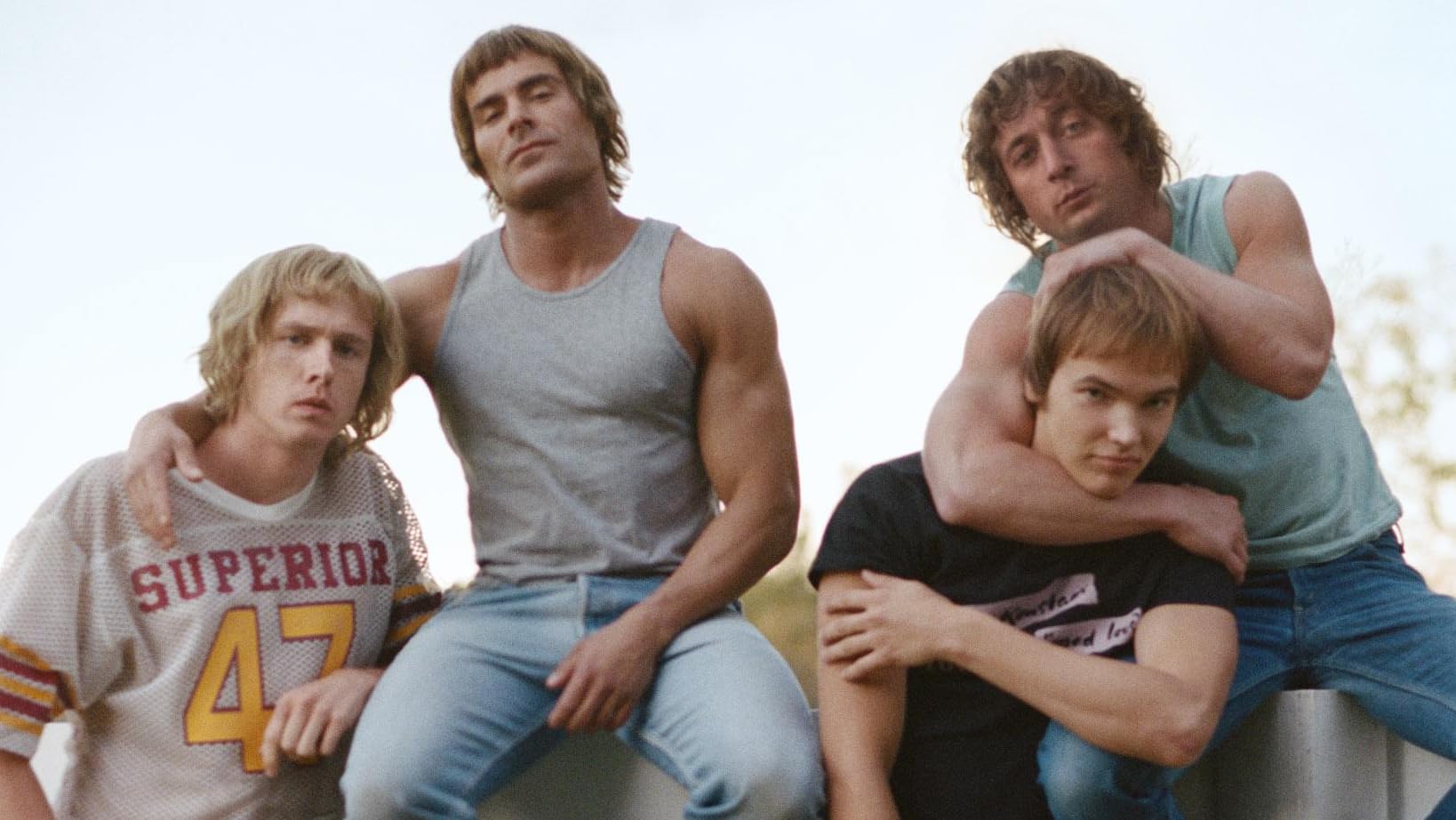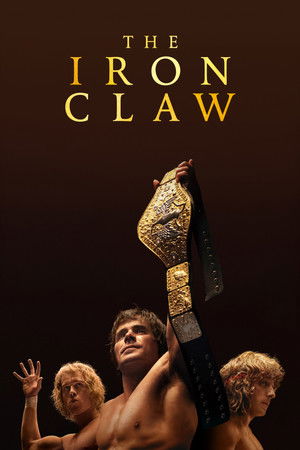In the wrestling ring of cinema, “The Iron Claw” grapples with the same intensity and flair as its professional wrestling counterpart. Bursting with energy and a palpable zeal for entertainment, the film aims to thrill, yet ultimately lands with a hollow impact, leaving spectators yearning for more substance beneath its flashy surface.
Set against the backdrop of the tumultuous world of professional wrestling, “The Iron Claw” delves into the gripping narrative of the Von Erich clan, a family synonymous with both glory and tragedy. Director Sean Durkin weaves a tale akin to a Shakespearean tragedy, chronicling the profound sorrows that have befallen this legendary wrestling dynasty. The film boasts a stellar ensemble cast, with Zac Efron, Jeremy Allen White, Harris Dickinson, and Holt McCallany breathing life into the complex characters of the Von Erich brothers and their formidable patriarch.
However, despite the rich source material, the characters in “The Iron Claw” feel disappointingly one-dimensional, failing to evolve beyond their initial portrayals. Efron embodies the role of Kevin Von Erich, the virtuous leader, while White portrays Kerry Von Erich, grappling with inner demons and substance abuse. Dickinson brings charisma to the character of David Von Erich, haunted by the burden of fame, while McCallany commands the screen as the imposing figure of Fritz Von Erich. Yet, amidst the family’s trials and tribulations, their characters stagnate, denying viewers a deeper connection to their plight.
Notably absent from the narrative is Chris Von Erich, a decision that leaves a conspicuous gap in the story despite Durkin’s narrative rationale. Nevertheless, the film explores themes of fraternal bonds and familial strife, albeit through a narrow lens. Lily James injects charm into her role as Pam, Kevin’s wife, but their interactions lack depth, echoing a repetitive pattern throughout the film.
Visually, “The Iron Claw” exudes style, capturing the era’s flamboyant aesthetic with finesse. From grainy black-and-white flashbacks to vibrant montages, the film immerses viewers in the world of ’80s wrestling culture. The physical transformation of the actors, particularly Efron’s metamorphosis into a formidable wrestler, is commendable. Yet, the film’s penchant for spectacle often overshadows its character-driven narrative, sacrificing depth for historical breadth.
As the narrative unfolds, “The Iron Claw” ventures into surreal territory, introducing elements of magical realism that feel disjointed from the rest of the story. Wrestling aficionados may relish the nostalgic nods to the era’s excesses, but casual viewers might find themselves grappling with disengagement.
In the end, “The Iron Claw” grapples with its own identity, mirroring the contradictions of the wrestling world it seeks to portray. While brimming with potential, the film ultimately falls short of delivering a knockout punch, leaving audiences yearning for a more substantial exploration of the Von Erich saga.


